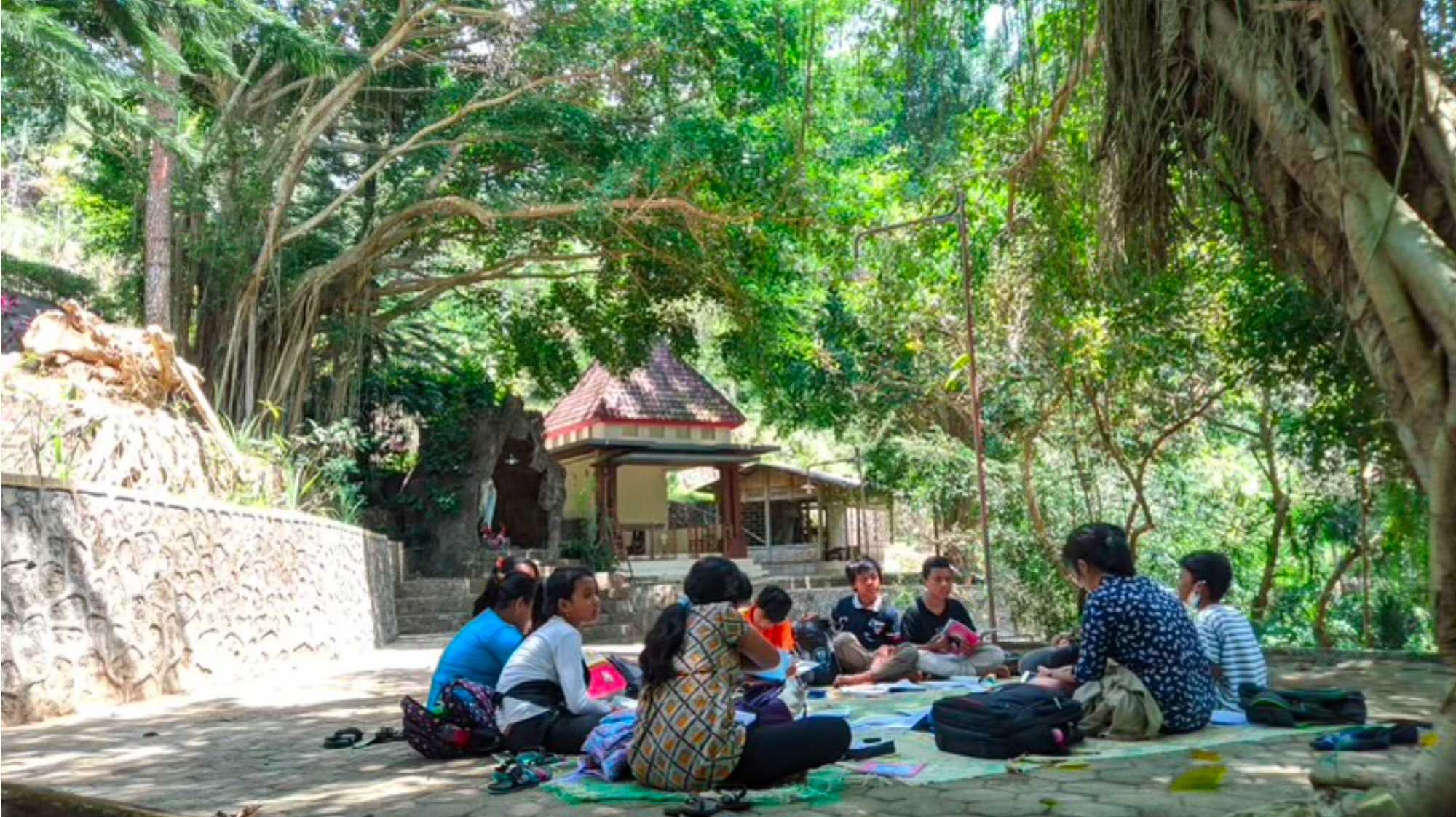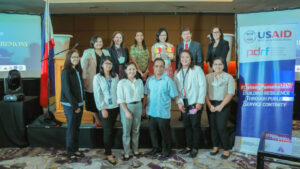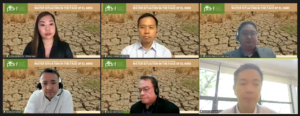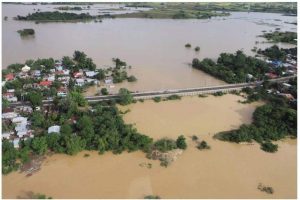The UN-OHCHR’s Development, Economic, and Social Issues Branch has partnered with several academic and research institutions, including UTokyo’s Hub, to build a crowdsourcing database of promising practices, implemented by governments and other stakeholders, aimed at adapting and responding to the COVID-19 pandemic.
The Hub publicly announced this partnership through its website on 22 July 2020. Through this report, the Hub’s team of researchers selected remarkable cases from the crowdsourcing database, highlighting the novelty of their approaches in responding to the challenges posed by COVID-19. By putting a spotlight on these practices, the project hopes that stakeholders in COVID-19 response across different sectors will emulate and integrate these effective and innovative examples in their own practice, while also enhancing their contributions to protection of human rights, in particular economic, social, and cultural rights (ESCR) objectives, and the Sustainable Development Goals (SDGs).
The Hub’s researchers considered two main criteria in adding examples of COVID- 19 responses to the crowdsourcing database. First is that the example takes account of and incorporates the protection of one or more of the following areas of human rights in its practice: right to health, work, housing, water and sanitation, education, food, social protection, access to information, privacy, life, liberty and security of persons, and protection of the family. Second is that the example aims to protect, assist, or respond to the needs of one or more of the following marginalized individuals or communities amidst the pandemic: older persons, persons with disabilities, children, women and girls, minorities, migrants, refugees and internally displaced persons, LGBT+, and indigenous peoples.
Examples and practices that have been entered into the crowdsourcing database are deemed to have been conducted under human rights principles of equality and non- discrimination, participation, accountability, universality, indivisibility, interdependence, and equality and non-discrimination. In building the crowdsourcing database, the Hub researchers provided brief descriptions of each practice, as well as explanations of why these examples satisfied the two main criteria previously mentioned. Much of the information entered the database came from online sources describing these remarkable examples of COVID-19 responses. The Hub’s research concentrated on practices from the following locations: Afghanistan, Bangladesh, Bhutan, Brunei, Cambodia, China, Hong Kong, Indonesia, Japan, Laos, Malaysia, Maldives, Mongolia, Pakistan, Philippines, Singapore, South Korea, Sri Lanka, Taiwan, Thailand, and Vietnam.
The bamboo face shield project led by a workers’ association in the Philippines equally protects the right health and the right to work during a time of extraordinary socioeconomic uncertainties. Recognizing the increasing demand for personal protective equipment particularly for frontline workers, the association helped fill gaps through products made from sustainable materials. These face shields were made by local bamboo weavers, most of whom lost livelihood opportunities amid the economic downturn caused by the pandemic. Effectively, the effort to fill gaps in health response allowed the association to uphold workers’ right to access dignified work opportunities. The initiative also contributed to the realization of the right to equality by providing inclusive employment to men, women, and even out-of-school youth.
The initiative of the Indonesian Psychological Association is remarkable in that it has built on the government-led coordinated response to the health emergency, and filled the identified gap of protection swiftly. Through its network of volunteers, it helped expand the capability of Indonesia’s helpline to address previously neglected concerns. By adapting to present circumstances, and taking advantage of available coordination mechanisms, the initiative enhanced access to psychological and mental health services – aspects of the right to health often overlooked by governments.
The Philippine Disaster Resilience Foundation’s initiative is another example of power of coordination between civil society, religious organizations, the business community, and the state in protecting human rights. Using its experience in disaster and emergency response, as well as its extensive network of connections in small communities, their project helped address the heightened difficulty of upholding the right to food, particularly for the poorest segments of society. The organization understood that the best way for relief to reach potential beneficiaries in the safest possible way is to distribute gift certificates that can be used to purchase food items in supermarkets. The initiative has been particularly convenient for those who have lost livelihood opportunities, and those whose mobility were controlled, because of government-mandated restrictions.
In somewhat similar manner, the work of a volunteer organization in Singapore helped uphold the human rights of a vulnerable group whose vulnerability has exacerbated by the pandemic: migrants in the country. Food and hygiene necessities, psychological and mental support, and legal assistance, were identified as most needed by the migrants themselves. The organization relieved some of the burdens of migrant workers whose employment and health were imperiled by the pandemic, first, due to sudden layoffs, and second, due to their detrimental living conditions in dormitories, by providing identified assistance. Through their volunteer initiative, the organization demonstrated appreciation that migrant populations have equal rights as other citizens.
A similar best practice was delivered by a student-led refugee support group in Japan. This group relied on already-existing engagement with refugees and asylum seekers confined in detention centers in the country, helping them with immediate concerns such as food, masks and other hygiene and safety necessities, and even the translation of important documents. Through their efforts, the organization helped both the rights to food and health of refugees and asylum seekers. Considering the difficult predicament of these groups in the detention centers even prior to the pandemic, the student group’s continued engagement helped assure refugees and asylum seekers that their rights are recognized even if there are gaps in the government’s responses to their plight.
Finally, the ‘Mask Map’ website in Thailand is a notable example demonstrating how even individuals can contribute in addressing the need to protect the right to health of the general public. The strength of individuals is that they can plan and operate freely and flexibly, responding to the needs swiftly. The website’s developer took advantage of his skillset and the network of concerned citizens to build a crowdsourced website containing information on the location and price of masks. In this way, he managed to utilize information from people and communities across the country and assisted the general public on critical information for protecting everyone’s right to health. Not only did it help protect people’s right to help by connecting the website users to the location of shops that sell masks, but also assisted small shops experiencing hardship amidst the economic impact of the pandemic. This example is also remarkable for its innovative approach to ensuring access to information, and is notable for the involvement of ordinary people, the business community, the government, and to an extent, large technology companies.
Read the full report HERE.
Article by the UTokyo International Hub Law



